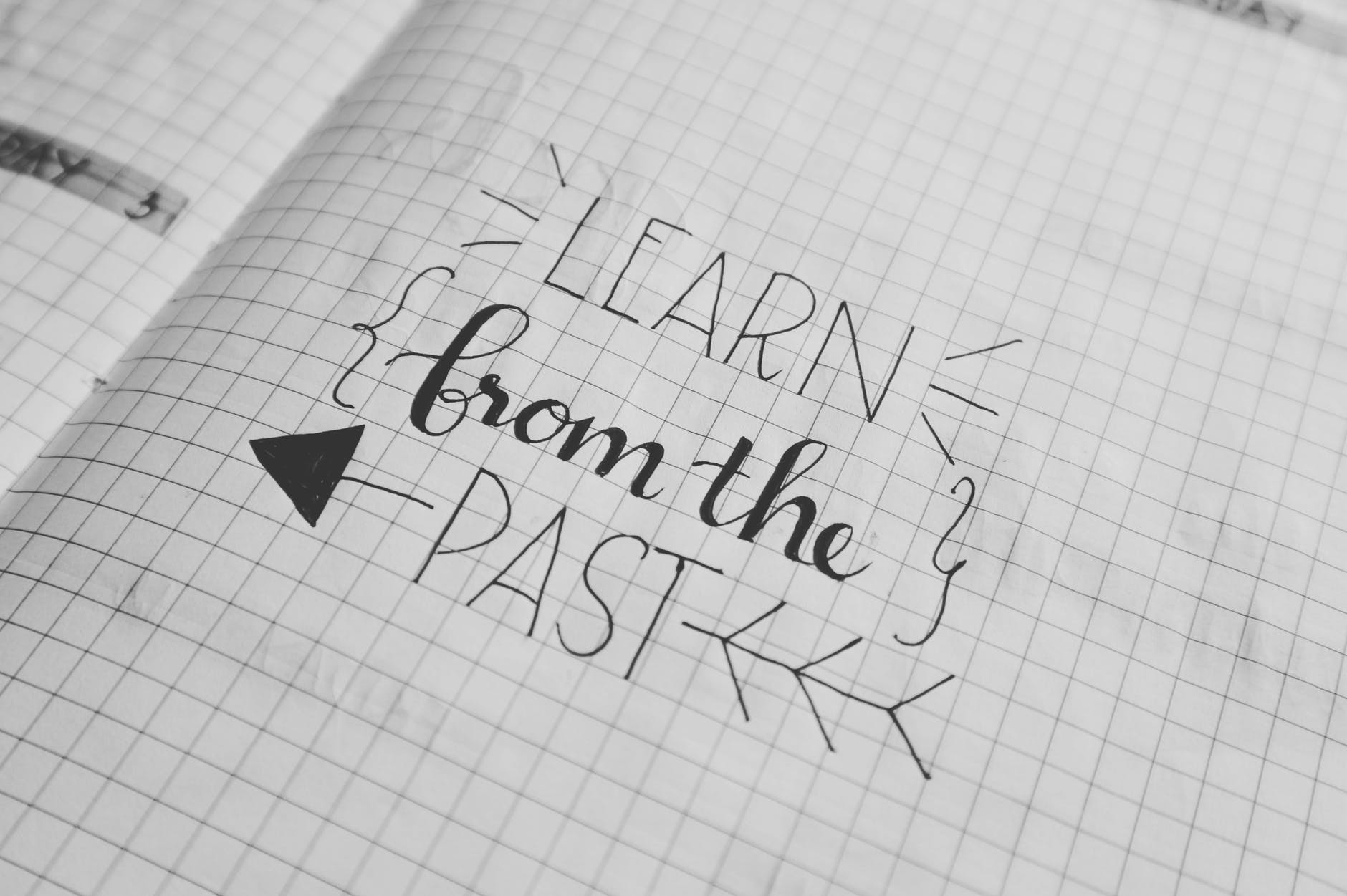Dr. Justina Kwapy is a full-time online professor at Grand Canyon University and presented at Lilly Conference online a session entitled “Increasing Doctoral Students’ Motivation and Persistence.” Kwapy has a background in special education & educational/organizational leadership and serves on the committee of several students. The presentation goals were to explore the effects of internal and external factors on doctoral students’ success and interventions to support struggling doctoral students. Kwapy explained that to support doctoral learners, they spend time describing APA formatting, research skills, synthesis of ideas, and motivation. Kwapy also described the iterative process of revising after receiving feedback and how this is a learning experience for doctoral students. This is the first session that defines motivation as “an internal state that directs and guides our behavior to attain a goal through processes shaped by cultural norms, values, and practices.” Kwapy further explained that “the push to motivate comes from needs… and the pull to motivate comes from incentives.” Mastery goals or learning goals “emphasize learning and self-improvement’ while performance goals or ego goals “emphasize measuring or demonstrating ability such as doing better than your peers in the classroom.” Kwapy defined incentives as “factors that motivate us to act and these are person and often culture specific.” Kwapy introduced the Expectance Model of Motivation that is comprised of effort, performance, and reward. According to Kwapy, three causes of motivational problems are:
- Belief that effort will not result in performance
- Belief that performance will not result in rewards
- The value a person places on, or the preference a person has for, certain rewards
Kwapy noted that as online professor they need to maintain contact and motivation. Ginsberg’s Motivational Framework for Culturally Relevant Teaching is, according to Kwapy, culture-specific and community based, interdisciplinary, and focuses upon intrinsically motivating students. The four principles Kwapy shared from Ginsberg’s Motivational Framework for Culturally Relevant Teaching are:
- Establish a sense of belonging and respect
- Develop a positive attitude toward learning
- Make learning relevant to students’ experiences
- Focus on how students perceive the value of learning.
Next, Kwapy shared Bandura’s Social Cognitive Learning Theory that “includes the need to become independent and self-confident.” Kwapy emphasized the need to encourage self-advocacy and promote independence as a committee member. For this, they discussed the excitement and importance of goal setting. To support doctoral learners, Kwapy also spoke about persistence and passion. I really enjoyed this session and the combination of theory and examples.



